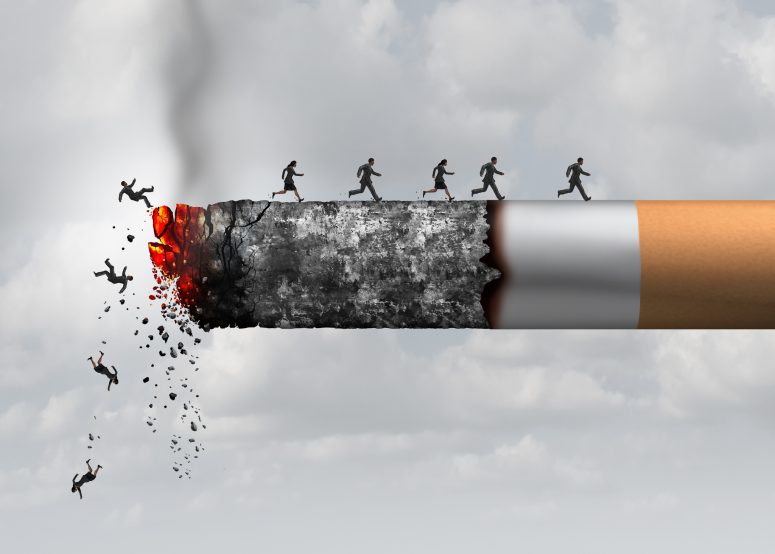Even worse than we thought? New research on phone addiction

Courtesy Shutterstock
I spent nearly 10 years researching and experimenting with healthy connectivity habits for my book, Log Off: How to Stay Connected after Disconnecting. The book contains dozens or reports and studies from “real news” outlets and distinguished universities from around the world, all of which conclude that excessive internet, social media, and/or smartphone use make us miserable. More specifically, overuse makes us more isolated, less confident, prevents us from experiencing the more stimulating analog world, and even dumber.
But recent research suggests that digital abuse may be even worse for us than originally thought. In an eye-opening expose this week, The Atlantic reported on the rise of sexual recession, in which young people are engaging in fewer intimate relationships than ever before and marrying less. Excessive phone use shoulder much, if not all, of the blame, the magazine reports.
In another recent study, The University of Pennsylvania was the latest to corroborate earlier findings, namely that “Using less social media than you normally would leads to significant decreases in both depression and loneliness.” This is because, “When you look at other people’s lives, particularly on Instagram, it’s easy to conclude that everyone else’s life is cooler or better than yours,” the researchers concluded.
A week before I published the book amid all of mounting evidence, Facebook actually admitted that excessive use of its software is bad for you. In a previous interview for my book, however, a company representative told me that the social network was like vegetables. “Not everyone will like it, but we know it can be good for your social life.”
What a difference a year makes.
Today, everyone knows (or at least suspects) our current environment is both unhealthy and unregulated— the “wild, wild west” of anytime and bottomless digital distractions. In a review of my book last month, The Los Angeles Times concluded that travel may be the catalyst for breaking our unhealthy phone relationships. That was certainly the case for me, as described in the book as my “Montana Moment.” But it also takes a whole lot more than just travel to find sustainable balance between our often conflicting online and offline lives, which I also cover in my book.
In light of all this, even tech visionaries are putting their necks on the line to educate the public and raise awareness of the negative effects associated with always logging in. Just this week, Mark Benioff, CEO of one of the world’s largest software companies, said, “Facebook is the new cigarettes. It’s addictive. It’s not good for you. There are people trying to get you to use it that don’t even understand what’s going on. The government needs to step in and really regulate what’s happening.”
I’m not prepared to liken social media to cigarettes, at least not yet. Nor do I think individuals should wait for politicians before deciding to change their lives on their own, which each of us can deliberately do today. But I do know with unwavering certainty, based on a whole lot of research, that for most of us, these easily abused diversions and distractions are unhealthy because they send our King Complex raging.
Research alone will never be enough, however. To find offline balance, each of us must ask ourselves if our current and default internet, social media, and phone settings are adding to our professional and personal bottom-lines, or are they taking something away while padding the bottom-lines of computer corporations?
